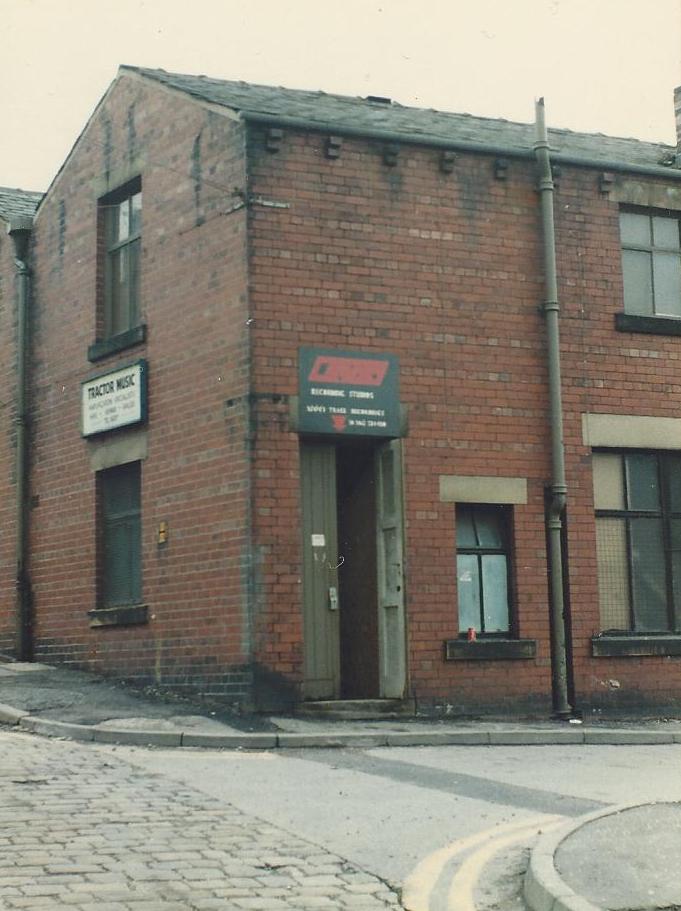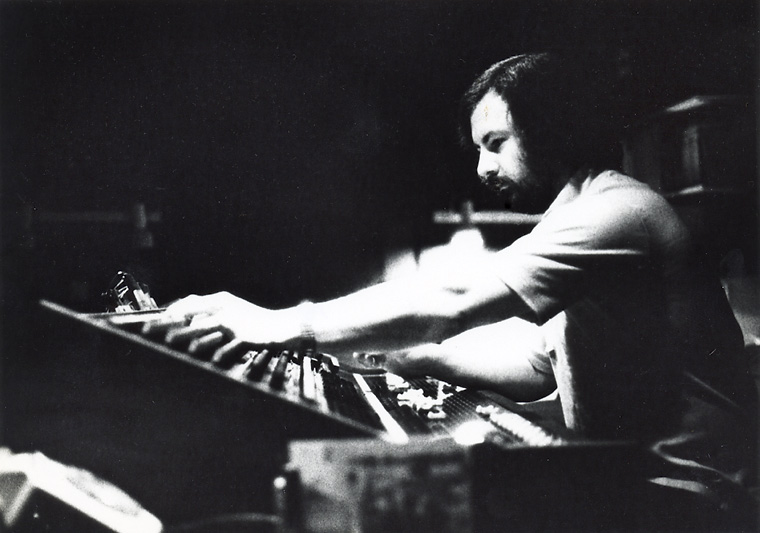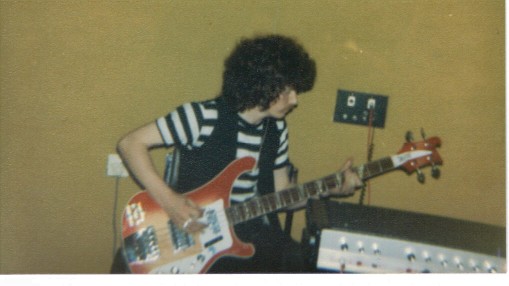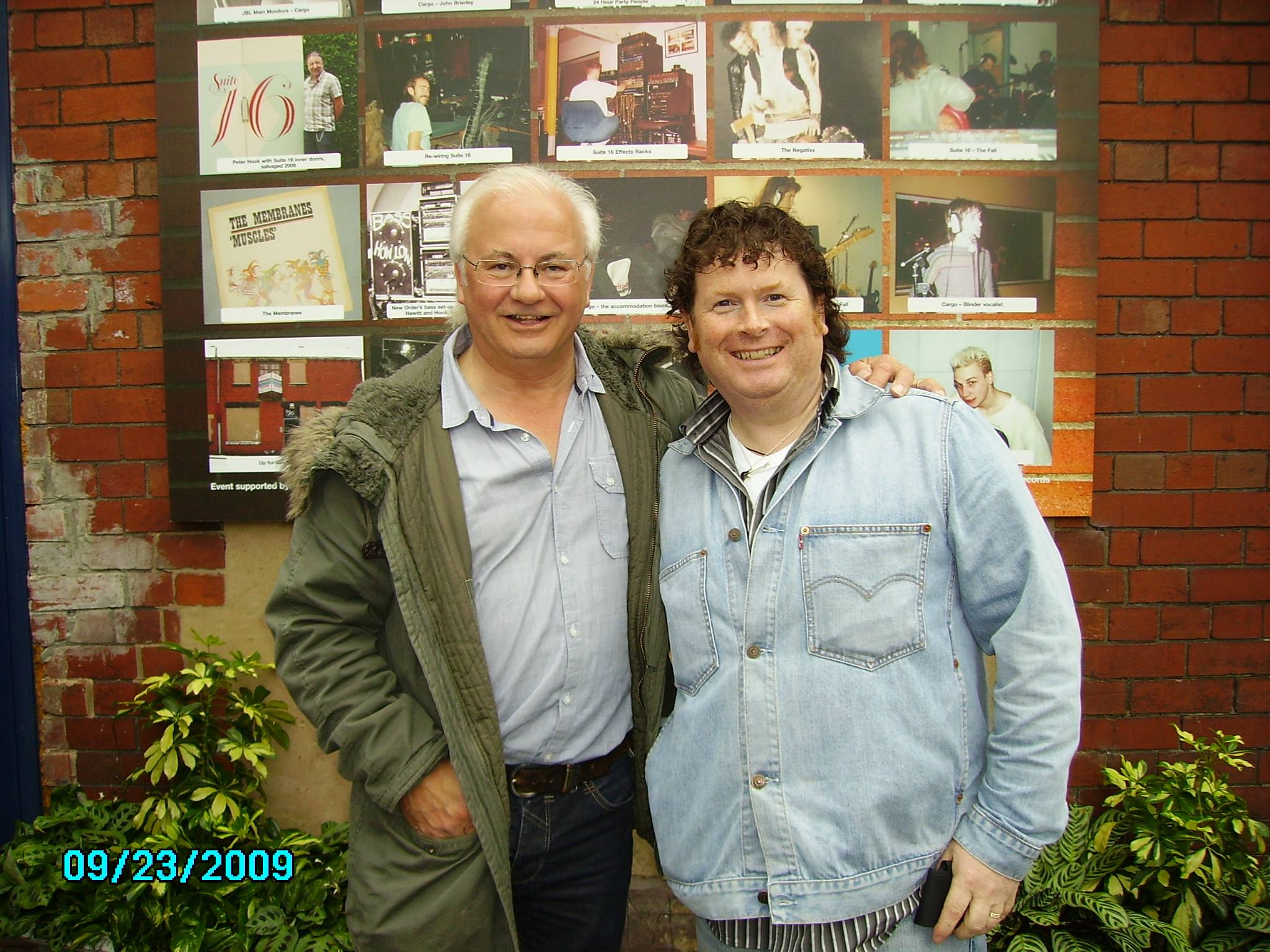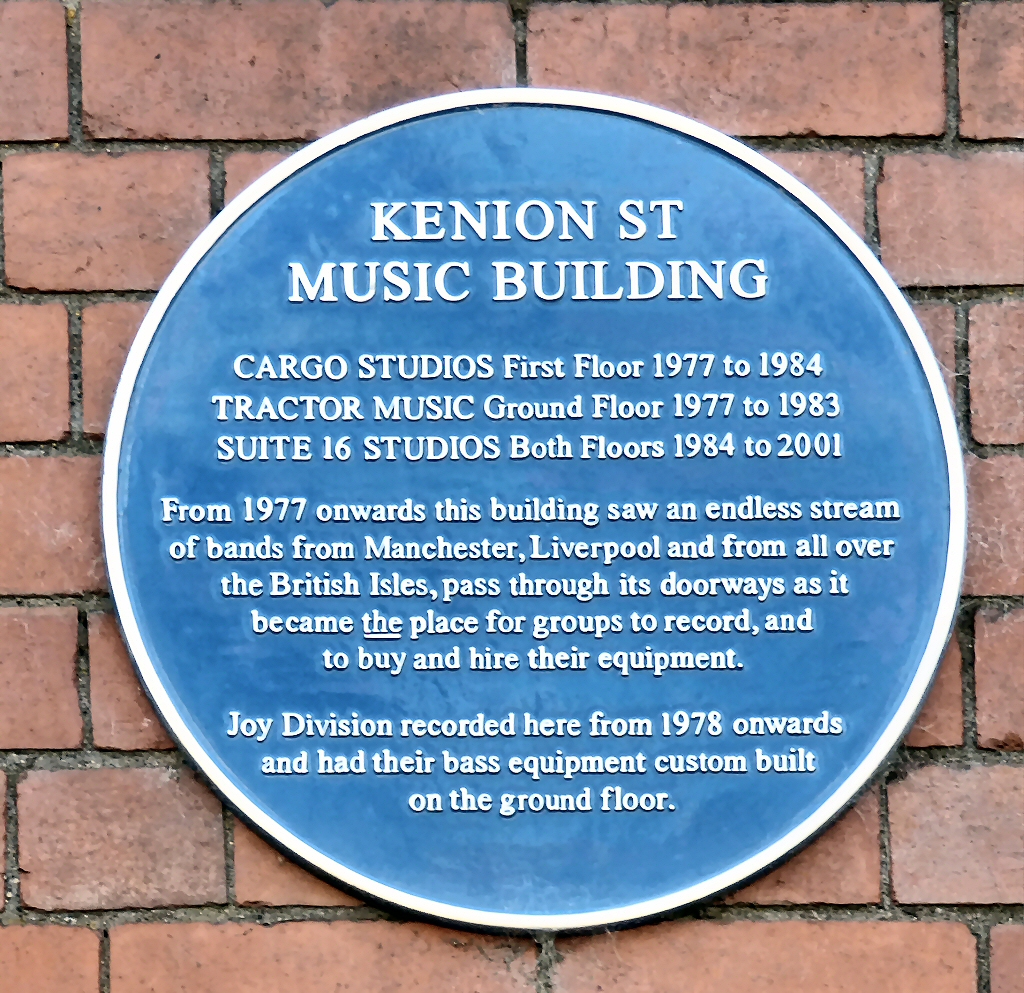|
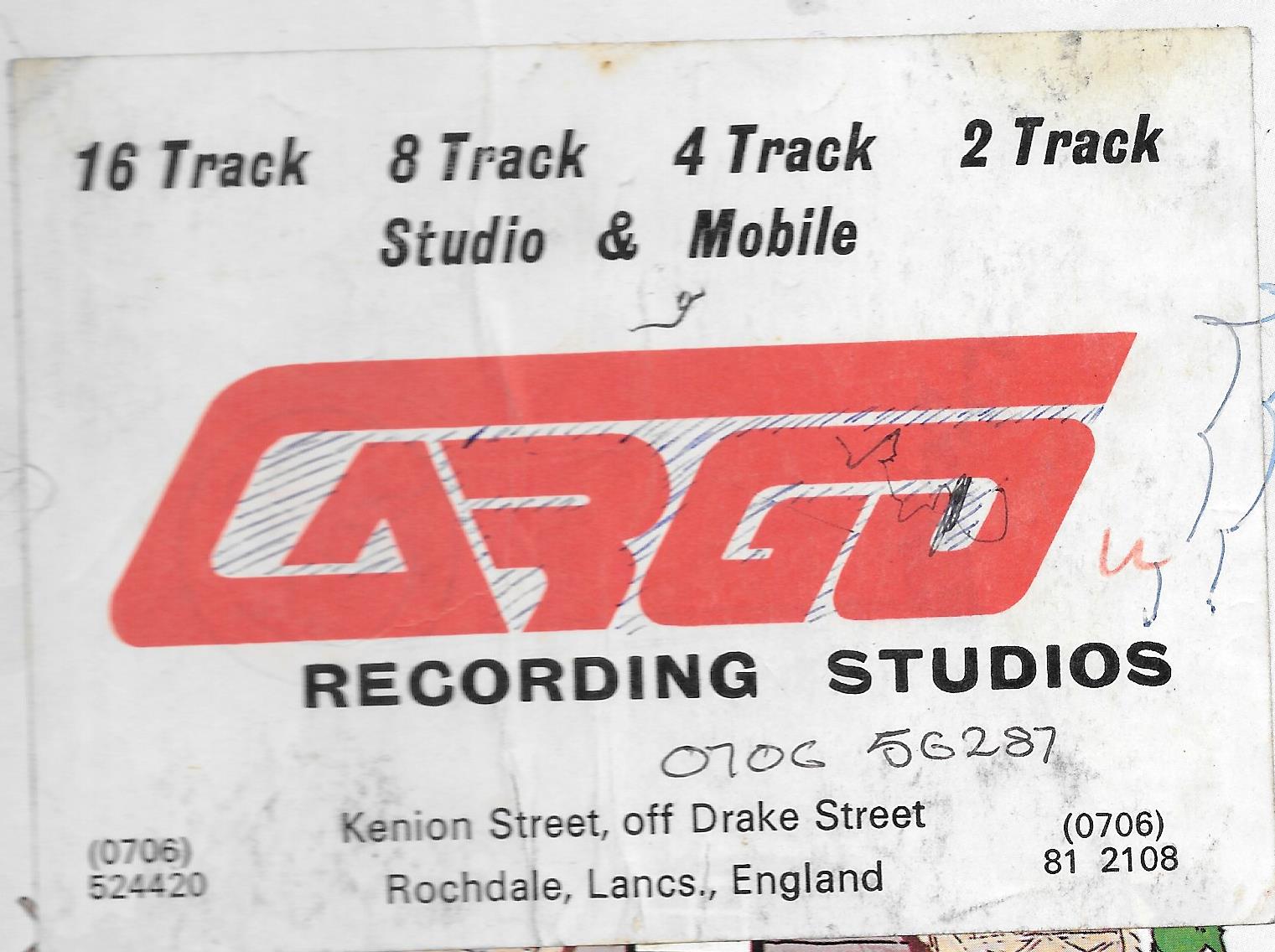
Fast Cars first trip to Cargo was on 26th June 1978, where we recorded 5 tracks with owner / sound engineer John Brierley. The tracks were recorded to an acetate (which is now owned by Dizzy Holmes of Detour Records). Here are a few tracks from that acetate. The first track is one of the very first songs written by Steve Murray 'Why?'
The second song is the first one written by Stuart Murray entitled 'I'm alright.'
The other songs were; Images of you, Teenage Heart and a 'rock' song mainly written by Haydn Jones 'Devil's Daughter.' Haydn left the band in September 1978, replaced by Craig Hilton and on the 15th of December we went back to Cargo Studio, once again with John Brierley, where we re-recorded 'Why' another of Steve's original songs 'Modern day romance' and some newer ones; Tameside Girls, and What can I do? Tameside Girls got a lot of airplay on Piccadilly Radio (Manchester's first independent radio station) and was due to go on the TJM Records compilation 'Identity Parade' but due to not agreeing a contract it was pulled (although test pressings were made). Steve joined the Manchester Musicians collective earlier with the intention of getting gigs at 'The band on the wall' and when they decided to produce an album in early 1979 'Why' and 'What can I do?' were put forward and successfully accepted for the finished product. Here are a couple of tracks from that session. What can I do? from A Manchester Collection (Bands of the Manchester Musicians Collective).
'Tameside Girls' taken from the Cargo Reel Tape being broadcast on Mark Radcliffe's show for Piccadilly Radio. (Mark has some nice comments at the end about these Cargo recordings))
Here is a photo from outside at the time, Cargo was upstairs in the building, downstairs was Tractor music (who provided the PA from the Deeply Vale Festivals).
Here is John Brierley at his desk
Here is Stuart Murray in Cargo during the first session using an Ibenez (Ric copy) Bass
John Brierley of Cargo Studio and Stuart Murray of Fast Cars on the day Cargo Studio building was presented with a 'Blue Plaque' for historical status September 2009.
|

